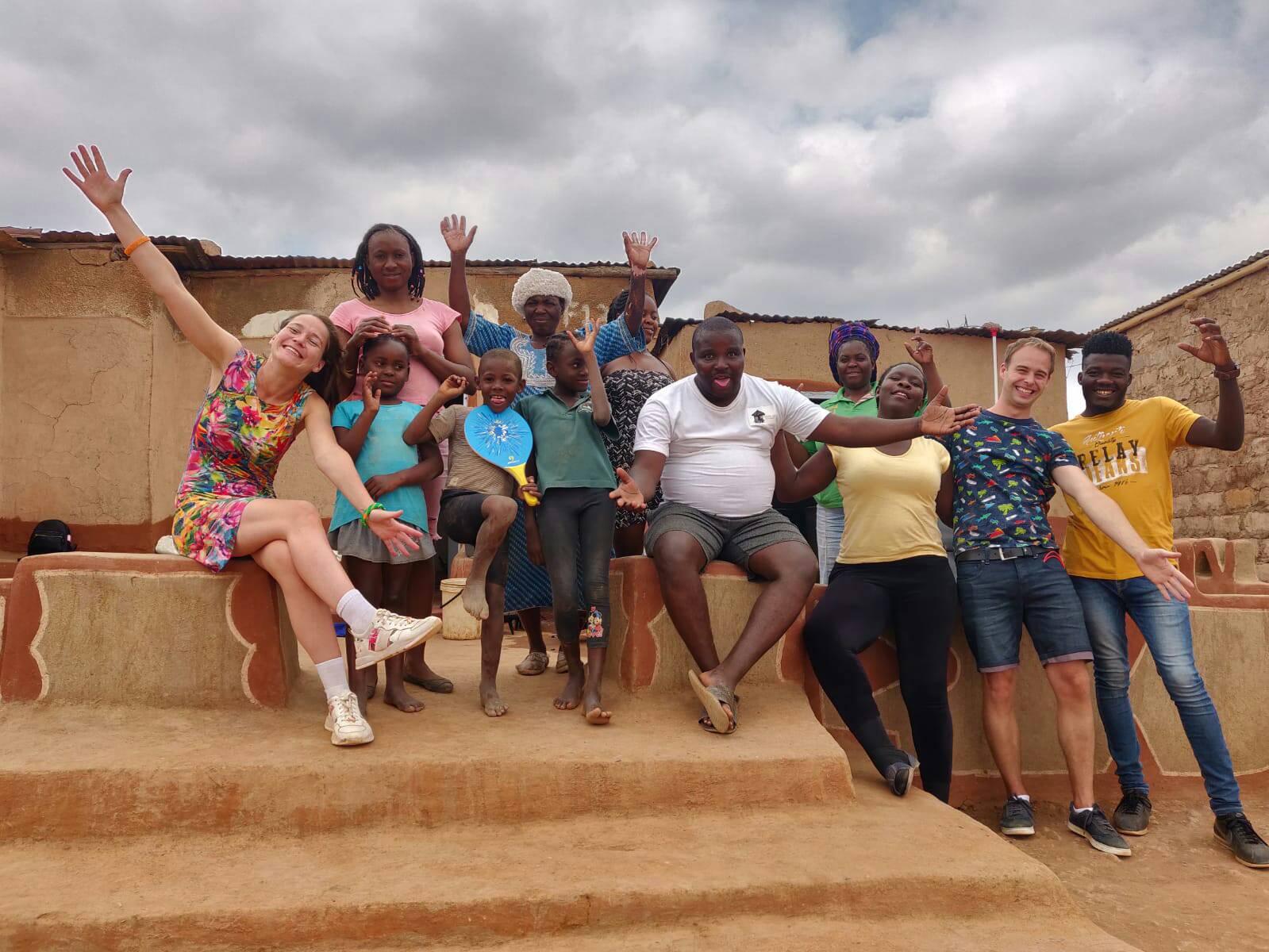South Africa's community homestay market is starting to gain traction in line with travellers’ increasing preference for immersive and culturally authentic experiences.
Homestays offer visitors a unique window into local life, enabling them to stay with host families, participate in cultural activities and experience the rhythms of community life. This style of accommodation, while relatively new in South Africa, holds significant potential for tourism development and community upliftment.
“The market for homestays in Africa is growing steadily as travellers seek immersive, authentic experiences that connect them with local cultures,” said Cameron Murray, Co-Founder of pioneering homestays platform Traditional African Homestays South Africa (TAHS-SA).
“In South Africa, the homestay sector is relatively young but expanding as more tourists are interested in cultural tourism and experiences that go beyond traditional hotels and resorts,” Murray added.

TAHS-SA launched with one community homestay in Limpopo in 2017, providing members of the Makushu community with official tourism training.
“After meeting the community leaders and explaining the idea to them, the whole community jumped on board and was excited to create a brand new sustainable and responsible experience for travellers across the globe,” said Murray.
After seeing the positive impact of the project on tourists and communities alike, TAHS-SA partnered closely with local tourism organisations and traditional leaders to expand to two other villages in Limpopo and one in KwaZulu-Natal.
The initiatives have been designed to broaden their impact on tourism’s value chain by incorporating a host of experiences complementing the homestay.
Activities include traditional cooking, beading and dancing along with visits to NGOs, interesting village sites and local shops and restaurants.
A South African Tourism spokesperson told Tourism Update that homestays not only dispersed tourism beyond urban centres but also promoted a model grounded in cultural exchange and mutual benefit.
“Homestays are crucial for developing South Africa's tourism economy because they provide unique, authentic visitor experiences and allow local communities to directly participate in the tourism industry,” the spokesperson said.
“We also know from insights that some tourists prefer to have a positive impact on the community they visit and participate in volunteerism in community-led projects. Homestays, by their nature of being deeply rooted in communities, are a great opportunity to advance this, encouraging sustainable tourism.”
Strong potential for growth
TAHS-SA is now working on sustainable development plans for the remote Vingerkraal village in Limpopo’s Waterberg region in partnership with Project Hope SA. The village is home to a unique community of Namibian/Angolan military veterans and their families.
This adds to TAHS-SA’s village project in the Eastern Cape town of Qunu – the birthplace of Nelson Mandela. In partnership with the Eastern Cape Parks and Tourism Agency, the Nelson Mandela Museum and other stakeholders, the project has provided training and support to local homestay operators.
By joining TAHS-SA, Qunu Homestays will receive further training and be linked with tour operators, increasing their visibility and occupancy rates to make it sustainable for all parties involved. This project is a significant step towards preserving the cultural heritage of Qunu while promoting sustainable tourism and economic growth in the area.
Thato Mothopeng, GM of the South African Township and Village Tourism Association (SATOVITO), highlighted homestays as a central pillar of the country’s broader efforts to stimulate the “small towns, villages and dorpies” sector.
“The homestay sector not only expands the authentic experience but also caters for a niche consumer market,” said Mothopeng, stressing that the sector showcases South Africa’s famed spirit of Ubuntu — a philosophy that emphasises compassion, humanity and togetherness.
Entering the mainstream
SATOVITO is working closely with SA Tourism and the Tourism Grading Council of South Africa (TGCSA) to drive the sector into the mainstream tourism economy.
“We aim to bring more awareness of this sub-sector and are working with TGCSA on skills capacitation of homestay owners, business support and other gaps that we must close in order to make this a thriving sector.”
According to SA Tourism, TGCSA’s Basic Quality Verification programme (recently introduced in Gauteng following successful pilots in other provinces) will help the homestay market to meet quality benchmarks and access funding.
“The BQV programme is all about providing access to and celebrating South Africa’s hidden gems,” the SA Tourism spokesperson said.
“The programme guides these establishments through a structured development process, enabling them to engage with the tourism market and access funding, even if they do not meet the core requirements of grading. Essentially it helps smaller, less formal accommodations and attractions to become part of the tourism industry and thrive.”
SATOVITO’s collaboration with SA Tourism and provincial tourism bodies has led to advancements such as the inaugural Township and Tourism Village Expo in Gauteng in January this year. This platform matches tourism buyers with authentic cultural experiences in townships and villages across the country.
SATOVITO will also host its third Township and Village Tourism Intra-Trade Conference in Mpumalanga on November 21-22.
“This programme seeks to bring together township and village-based tourism businesses across the country, government agencies and the private sector under one roof to explore sector challenges, solutions and opportunities,” said Mothopeng.
By far the biggest challenge for the sector is lack of access to funding for small, medium and micro enterprises, he added.
“Especially with the current economic status, SMMEs need to be given a chance to play in the mainstream economy. Simpler access to finance processes must be explored.”
























